 El Dorado Oil Company
El Dorado Oil Company
Time Period: World War II through the Faubus Era (1941 - 1967)
 El Dorado Oil Company
El Dorado Oil Company
Elder, Jim
aka: James Albert Elder
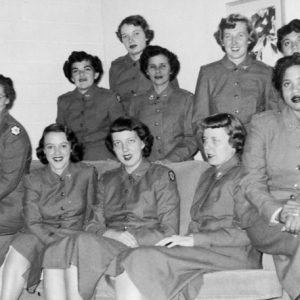 Joycelyn Elders
Joycelyn Elders
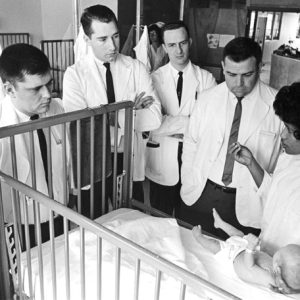 Joycelyn Elders
Joycelyn Elders
 Elk's Lodge Fire
Elk's Lodge Fire
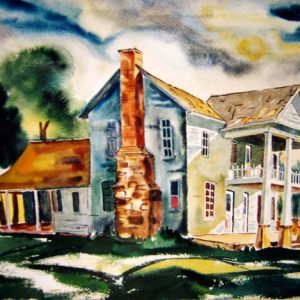 Elkhorn Tavern
Elkhorn Tavern
Ellis and Charlotte Williamson House
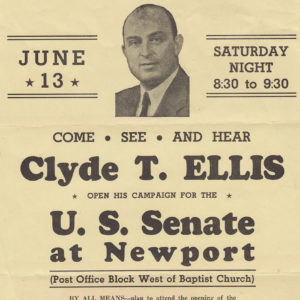 Ellis Broadside
Ellis Broadside
Ellis, Clyde Taylor
 Melvin Endsley Gravestone
Melvin Endsley Gravestone
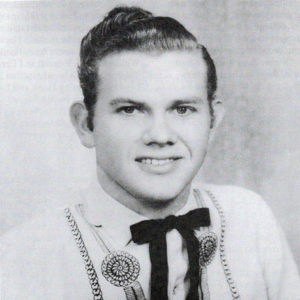 Melvin Endsley
Melvin Endsley
Endsley, Melvin
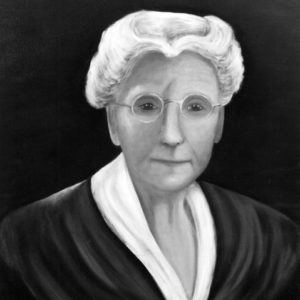 Clara Eno
Clara Eno
 Susan Epperson
Susan Epperson
 Epstein's Ad
Epstein's Ad
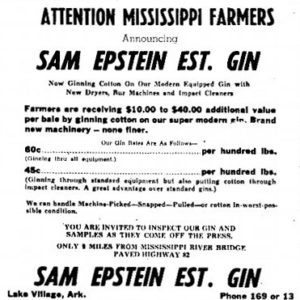 Epstein Gin Ad
Epstein Gin Ad
Erwin, Judson Landers, Jr.
Evans, Dale
aka: Frances Octavia Smith
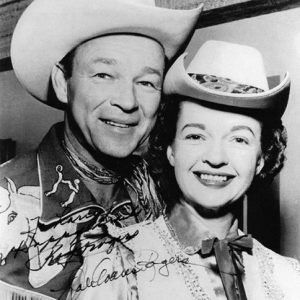 Dale Evans with Roy Rogers
Dale Evans with Roy Rogers
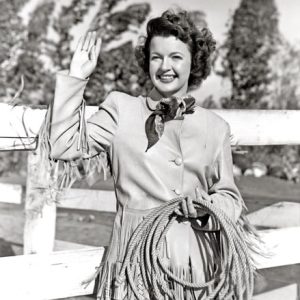 Dale Evans
Dale Evans
 The Exact and Very Strange Truth
The Exact and Very Strange Truth
 A Face in the Crowd
A Face in the Crowd
Face in the Crowd, A
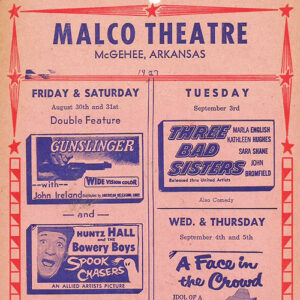 A Face in the Crowd Ad
A Face in the Crowd Ad
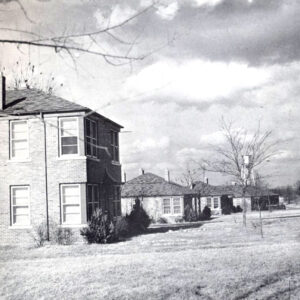 Faculty Row
Faculty Row
 Fargo Basketball Team
Fargo Basketball Team
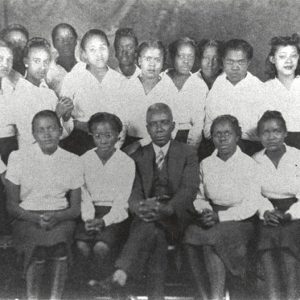 Fargo Girls Chorus
Fargo Girls Chorus
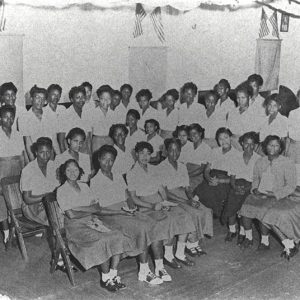 Fargo School Girls
Fargo School Girls
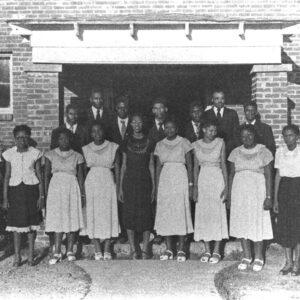 Fargo School Students
Fargo School Students
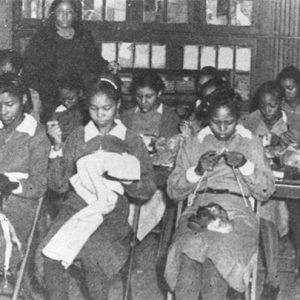 Fargo Sewing Class
Fargo Sewing Class
 Farkleberry and Faubus
Farkleberry and Faubus
Farkleberry
 Farmer's Market
Farmer's Market
 "Fattening Frogs for Snakes," Performed by "Sonny Boy" Williamson
"Fattening Frogs for Snakes," Performed by "Sonny Boy" Williamson
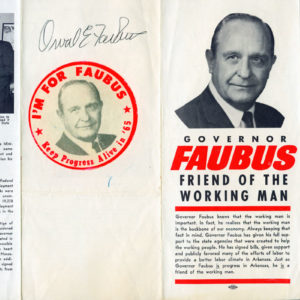 Faubus Campaign Brochure
Faubus Campaign Brochure
 Faubus Newsletter
Faubus Newsletter
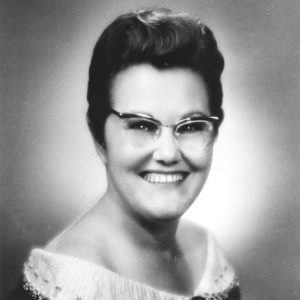 Alta Faubus
Alta Faubus
Faubus, John Samuel (Sam)
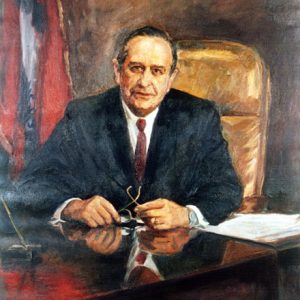 Orval Faubus
Orval Faubus
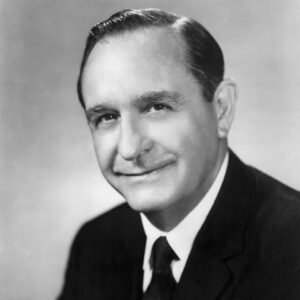 Orval Faubus
Orval Faubus
Faubus, Orval Eugene
 Orval Faubus with Hope Melon
Orval Faubus with Hope Melon
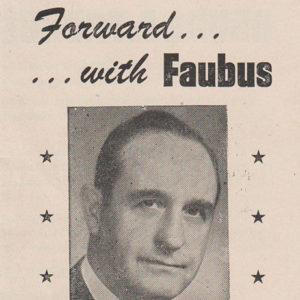 Faubus's First Campaign
Faubus's First Campaign
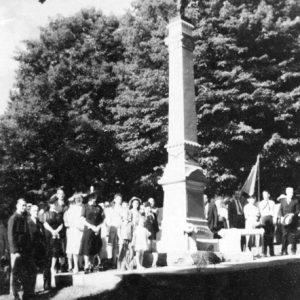 Fayetteville Confederate Cemetery
Fayetteville Confederate Cemetery
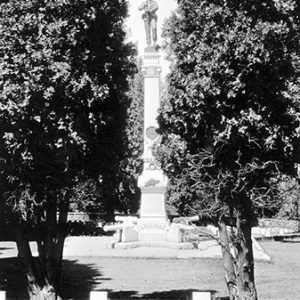 Fayetteville Confederate Cemetery
Fayetteville Confederate Cemetery
 Fayetteville National Cemetery
Fayetteville National Cemetery
 Fayetteville National Cemetery
Fayetteville National Cemetery
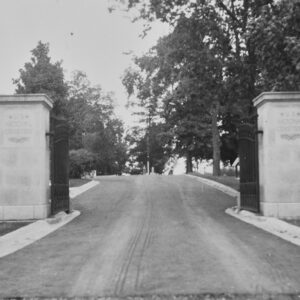 Fayetteville National Cemetery
Fayetteville National Cemetery




